Geneva, Jan 13, (V7N) - Iran is set to engage in nuclear discussions with France, Britain, and Germany on Monday, just one week before U.S. President-elect Donald Trump assumes office on January 20.
This marks the second round of talks between Tehran and the European trio—collectively known as the E3—in less than two months. The previous meeting took place discreetly in Geneva in November.
Both sides have clarified that these talks are purely "consultations" rather than formal negotiations. The German foreign ministry emphasized this distinction, while Iran echoed the sentiment, downplaying any suggestion of renegotiation.
France’s foreign ministry stated the meeting reflects the E3's ongoing commitment to pursuing a diplomatic solution to Iran's increasingly concerning nuclear activities.
The talks come as Iran's nuclear programme faces renewed scrutiny with Trump’s impending return to the White House. During his first term, Trump withdrew the U.S. from the 2015 Joint Comprehensive Plan of Action (JCPOA), a landmark deal that curbed Iran's nuclear activities in exchange for sanctions relief.
Following the U.S. withdrawal, Tehran gradually scaled back its compliance with the agreement, frustrating European efforts to salvage the deal. Recent diplomatic attempts to revive the pact have stalled, and tensions have intensified over Iran's expanding uranium enrichment program.
French President Emmanuel Macron recently warned that Iran’s rapid nuclear advancements are pushing the situation toward a “breaking point.” Iran dismissed his remarks as "baseless" and "deceitful."
In December, the E3 nations accused Tehran of stockpiling enriched uranium to "unprecedented levels" without any credible civilian explanation. They warned they might invoke the JCPOA’s "snapback" mechanism, which would reimpose UN sanctions if Iran significantly violates its commitments. This option expires in October 2025, adding urgency to current diplomatic efforts.
The International Atomic Energy Agency (IAEA) reported that Iran has been enriching uranium to 60% purity—dangerously close to the 90% threshold required for nuclear weapons. This makes Iran the only non-nuclear weapons state to enrich uranium to such a high level.
Despite these developments, Iran insists its nuclear program is strictly for peaceful purposes and denies any intention of developing nuclear weapons.
Iranian President Masoud Pezeshkian, who assumed office in July, has shown interest in reviving the JCPOA and reducing Iran's global isolation. Foreign Minister Abbas Araghchi recently told China’s CCTV that Iran remains open to "constructive negotiations" based on the original JCPOA framework—trust in Iran’s peaceful nuclear intentions in exchange for sanctions relief.
With Trump returning to power and the snapback deadline approaching, the window for diplomacy is narrowing, making Monday’s meeting in Geneva a pivotal moment in the ongoing nuclear standoff.
END/WD/RH



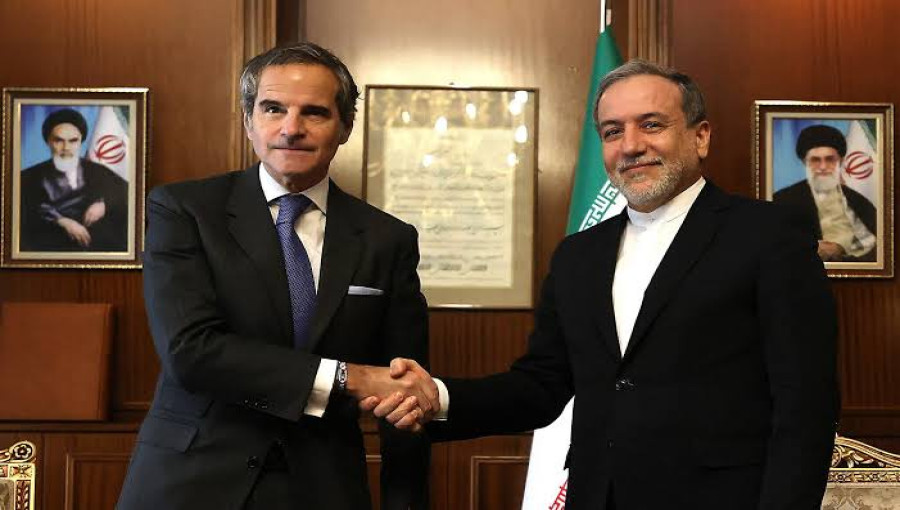
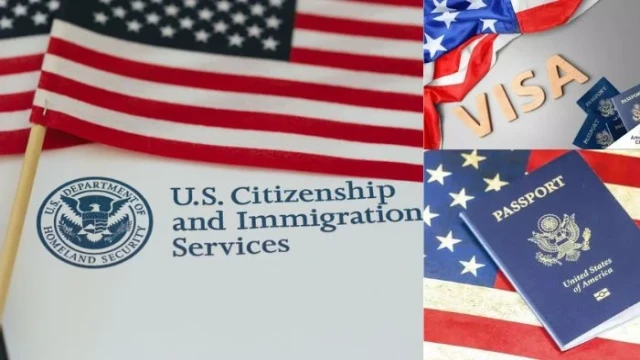
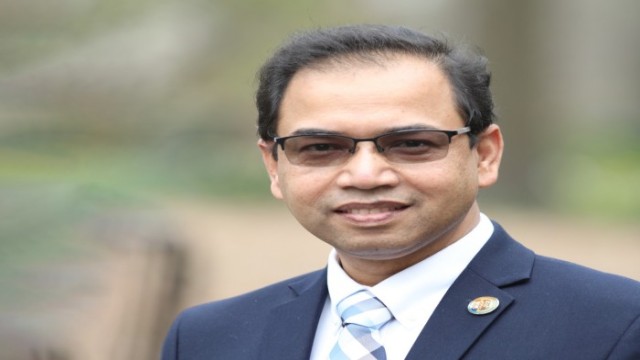
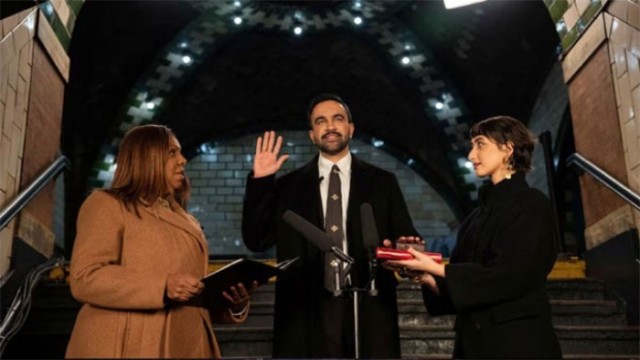
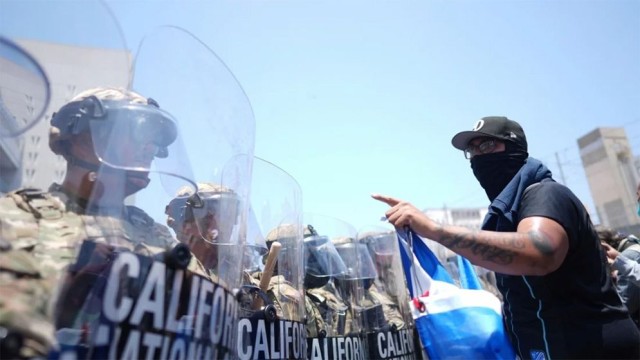
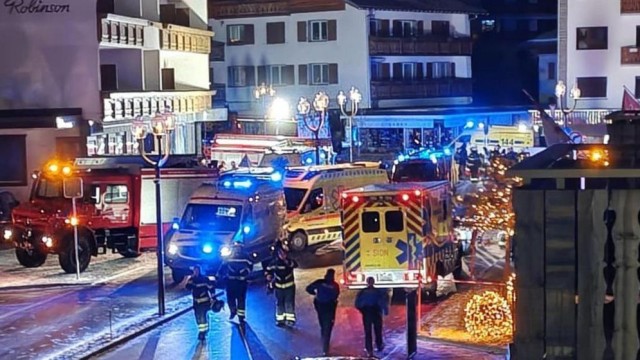
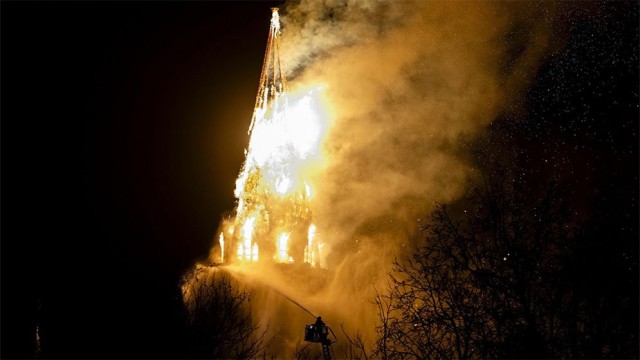
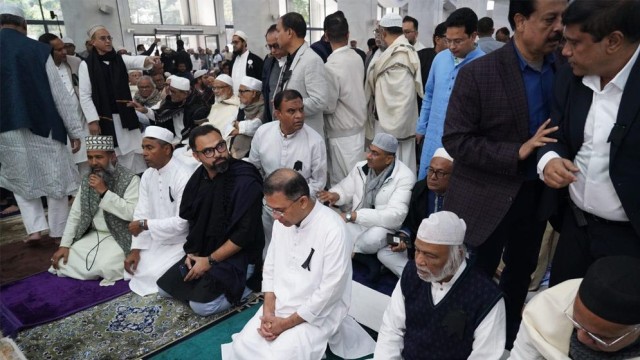
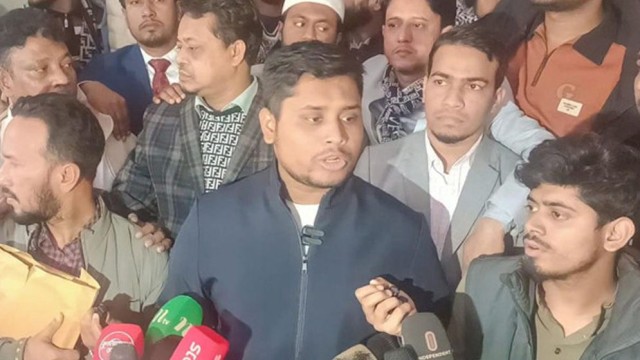
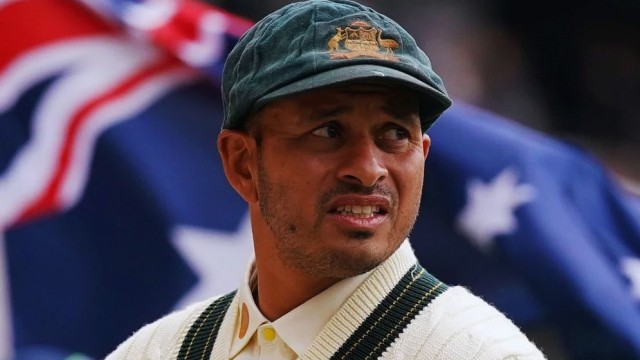
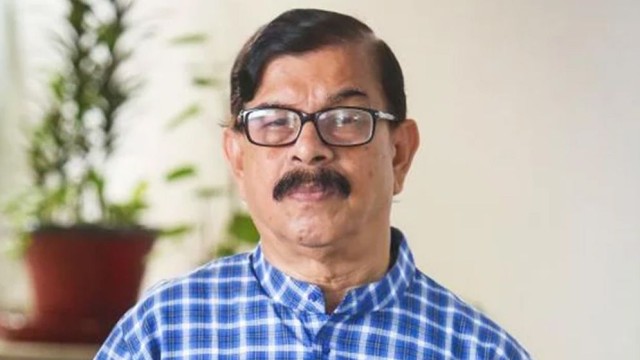
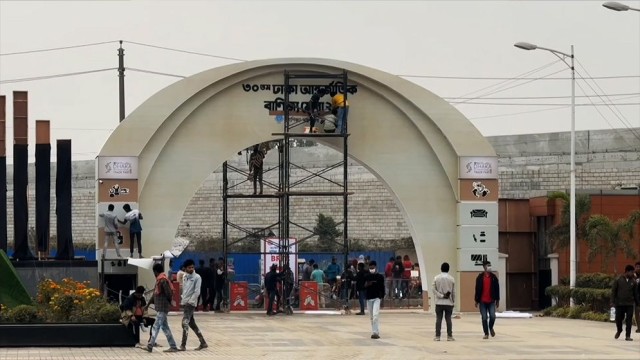
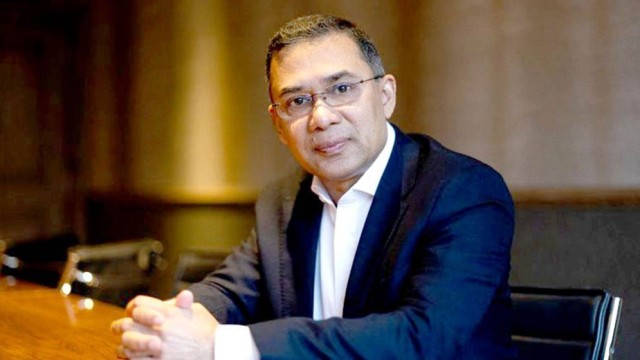
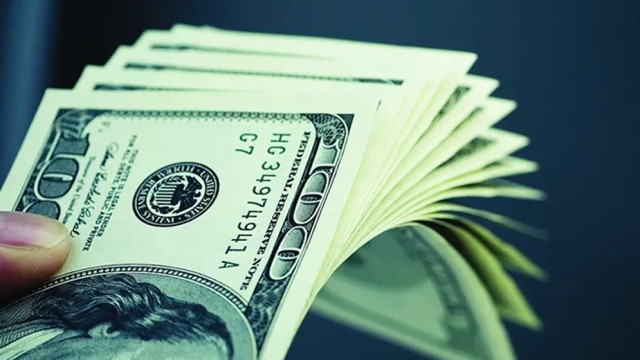
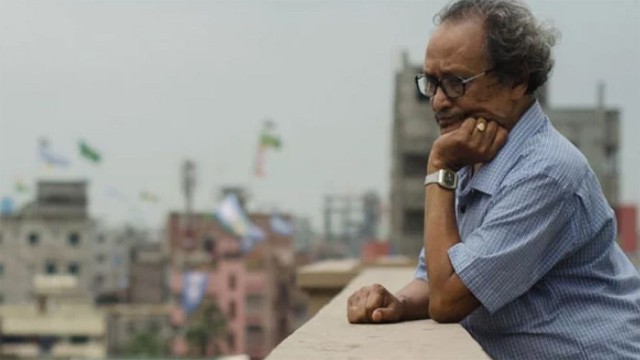
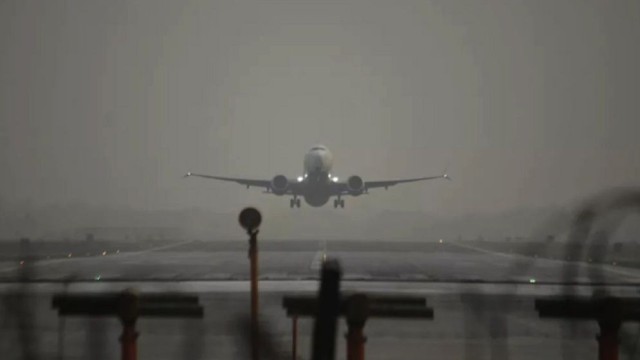
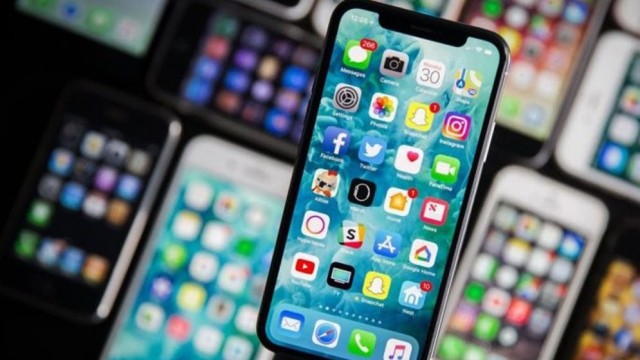

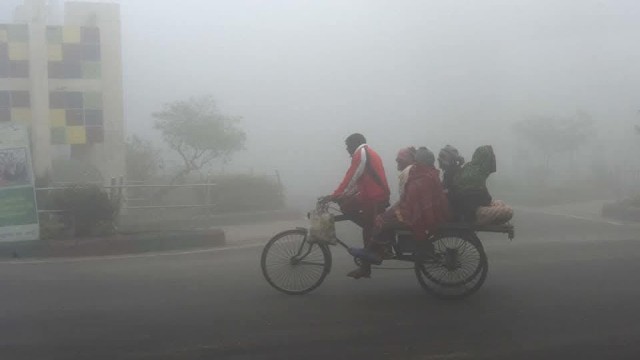
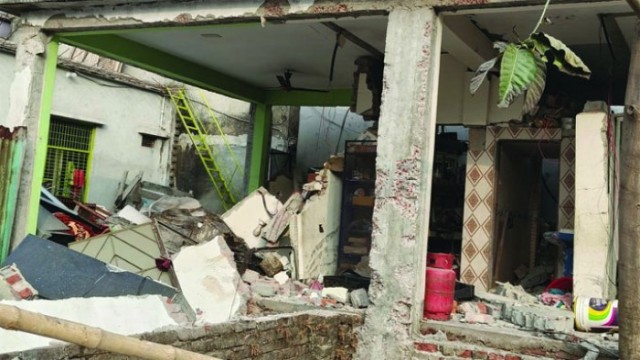
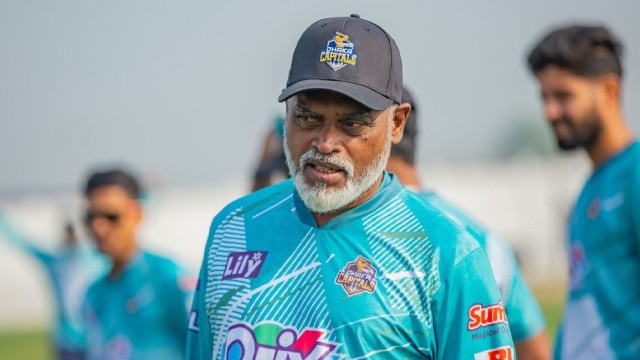
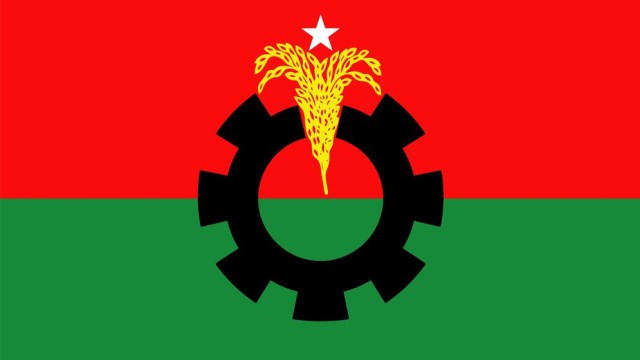
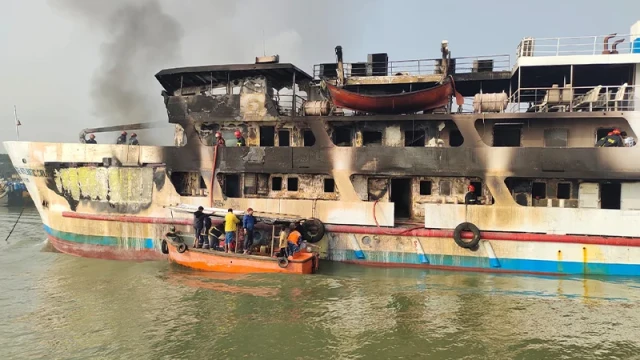
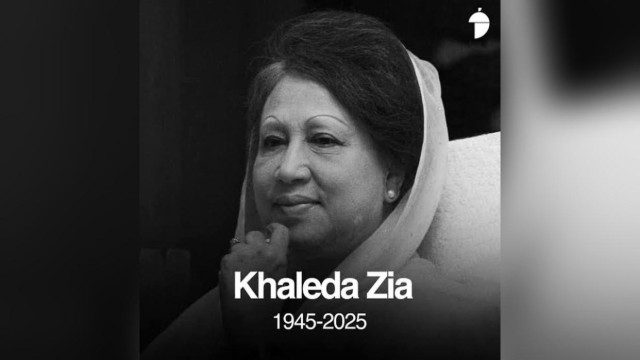
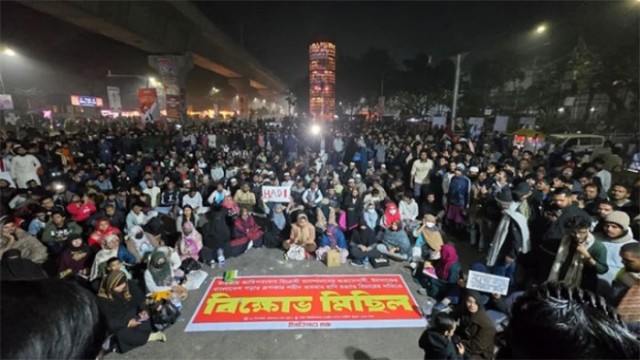

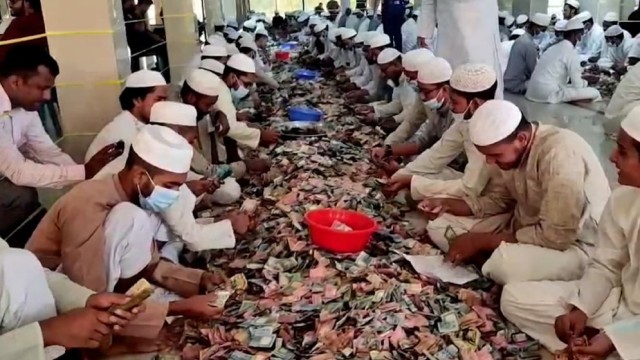
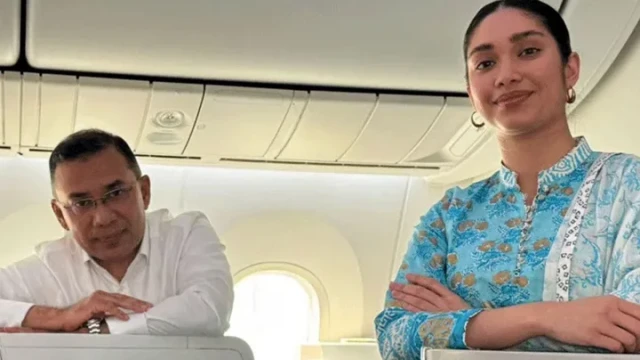
Comment: